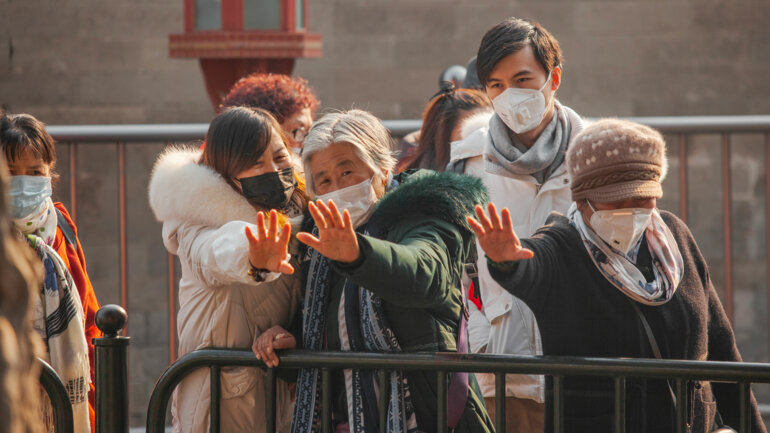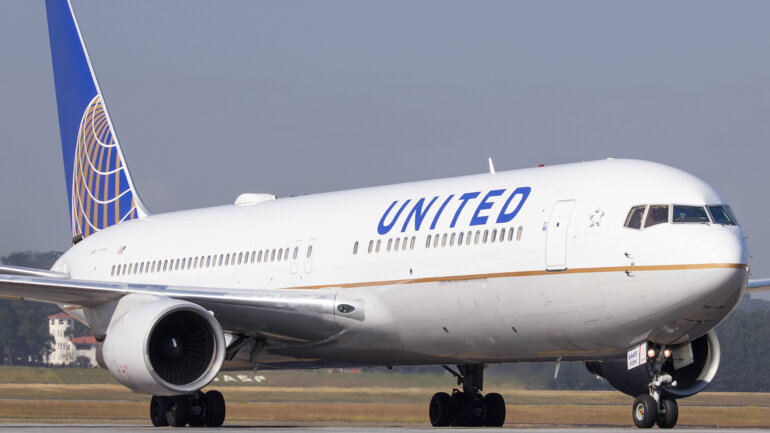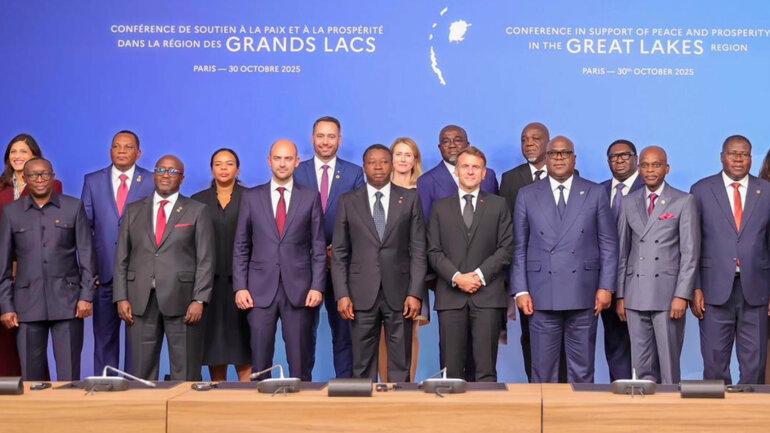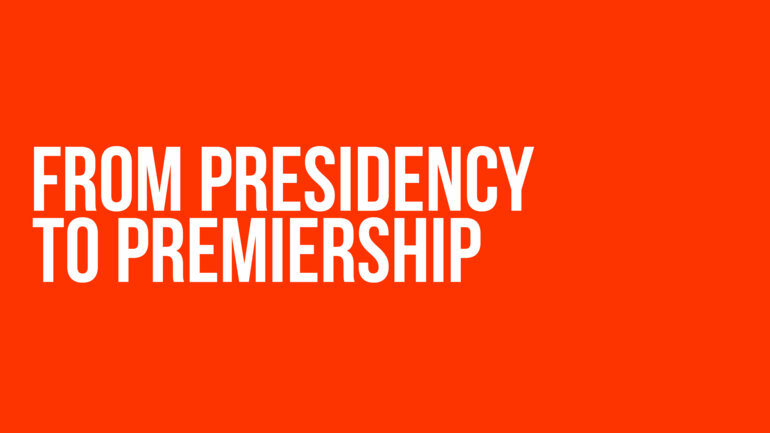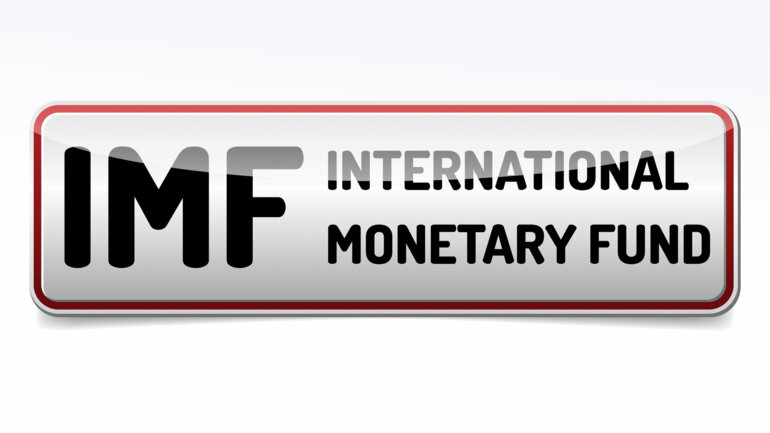
- Diplomatie
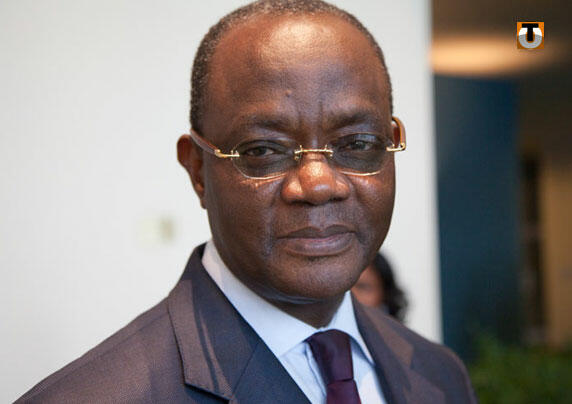
The Security Council met today to convene a high-level open debate on “A comprehensive approach to counter-terrorism”.Koffi Esaw (photo), Minister, Senior Adviser to the President for diplomatic matters and cooperation of Togo today called for a focus on conditions that feed terrorism as part of a comprehensive strategy against the scourge.
Mr Esaw said that, unfortunately, the tireless efforts to deal with terrorism had not achieved the hoped-for results. Terrorism was taking better advantage of technologies and the financial resources flowing from crimes of all kinds, including illicit drug trafficking and ransom payments. Terrorists also had a propensity to operate through business and non-governmental organizations, which further complicated efforts to counter the phenomenon. As the threats became more complicated, States were forced to spend much more to combat them, at a time when they were dealing with numerous pressing challenges, such as fighting poverty and implementing sustainable development objectives.
He said it was important to get a handle on the various manifestations and mutations of terrorism, in order to do a better job of fighting it. It was also vital to know more about its motives and motivations — what prompted individuals to “flirt” with terrorism. He suspected that was generated by social vulnerabilities and frustrations, particularly among young people, who were prepared to offer their services in order to survive. Development and security interacted as causes and consequences of terrorism, and it was also important to recall that terrorism often enjoyed the leaven of extremism and religious sectarianism, used as an affirmation of a criminal group’s views. One motivation could be the globalization of economies and societies, whereby States were competing with, and even defeated by, private interest dominated more and more by profits than values of human dignity. Unfortunately, the financial and economic crises of the last few years had dug a deeper hole between rich and poor and provoked frustration, despair and even the loss of the will to live. That vulnerability was exploited by terrorist groups as they recruited members.
However, Koffi Esaw said, even if poverty, discrimination and prejudice “nourishes” terrorism, there could be no justification for it, since there were frameworks for dialogue, negotiation and compromise. But, given the scope of terrorist acts with often catastrophic consequences for States and regions — as was the case for the Sahel, including Mali and Somalia — the international community must remain mobilized. He welcomed the United Nations counter-terrorism efforts and strategy, and felt revisiting the approach allowed it to be updated in line with the changing face of terrorism. Togo also fully supported the work of the Counter-Terrorism Executive Directorate and the committees spawned by relevant Council resolutions.
His country had always made counter-terrorism a major priority and taken on the various legal instruments adopted under United Nations auspices, as well as by regional organizations, such as the African Union. Given the impact of poverty, inequality and intolerance on the spread of terrorism, he was convinced that the security and jurisdictional dimensions of countering it could only be effective if such factors as good governance, development, strengthened dialogue among civilizations and peaceful resolution of disputes were also taken on board.
© UNTOGO.ORG

